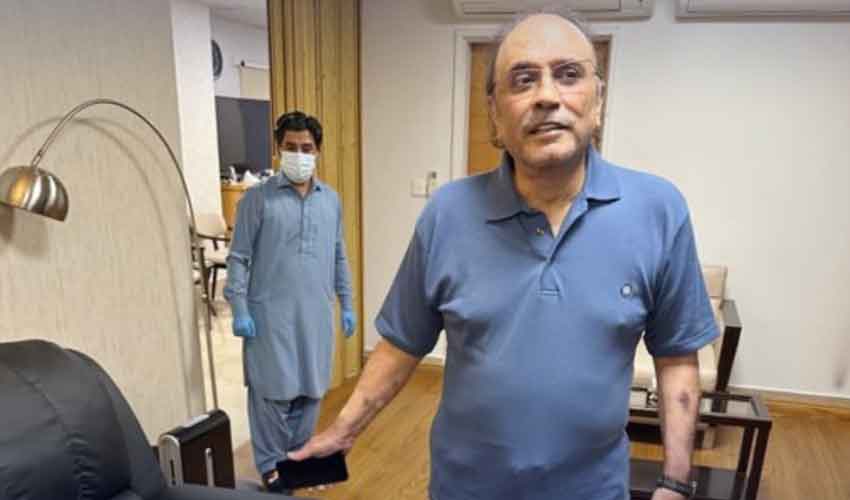The Lahore Government Opium Alkaloid Factory - Pakistan's sole opium manufacturing facility - is set to restart operations from Thursday after an 11-year hiatus.
The factory, established in 1942, was shut down in 2012 due to irregularities in the distribution of opium tablets to patients and a lack of proper enforcement.
Opium is a powerful narcotic drug that has been used for centuries for both medicinal and recreational purposes.
It is derived from the opium poppy plant, which is native to Asia and the Middle East.
Opium contains a variety of alkaloids, including morphine, codeine, and thebaine. Morphine is the most active alkaloid and is used to treat severe pain.
Codeine is a less potent alkaloid that is used to treat mild to moderate pain and cough.
Thebaine is used to produce semisynthetic opioids such as oxycodone and heroin.
Opium has a long history of use in Pakistan. It was traditionally used to treat pain, diarrhoea, and dysentery. It was also used as a sedative and hypnotic.
In the early 20th century, opium cultivation and consumption in Pakistan increased significantly. This led to a number of social and economic problems, including addiction and crime.
In order to address these problems, the Pakistani government introduced a number of measures to control the cultivation and consumption of opium.
In 1979, Pakistan banned the cultivation of the opium poppy, except for a small area in Khyber Pakhtunkhwa (KP) province where opium is grown for medicinal purposes.
In 1989, Pakistan became a signatory to the United Nations Convention Against Illicit Traffic in Narcotic Drugs and Psychotropic Substances.
This convention requires countries to take steps to prevent the illicit cultivation, production, trafficking, and distribution of narcotic drugs and psychotropic substances.
The reopening of the Lahore Government Opium Alkaloid Factory will allow the country to produce its own medicinal opium which will reduce its reliance on imports.
The factory will also provide a legal source of opium for addicts who are under the care of a registered doctor.



























